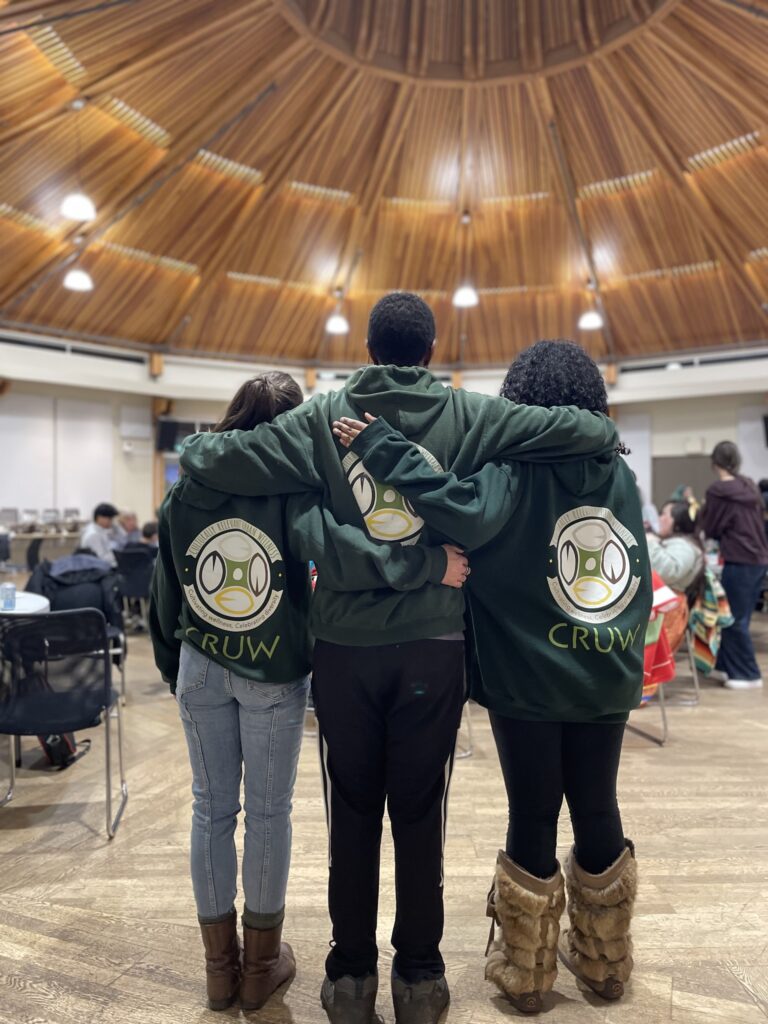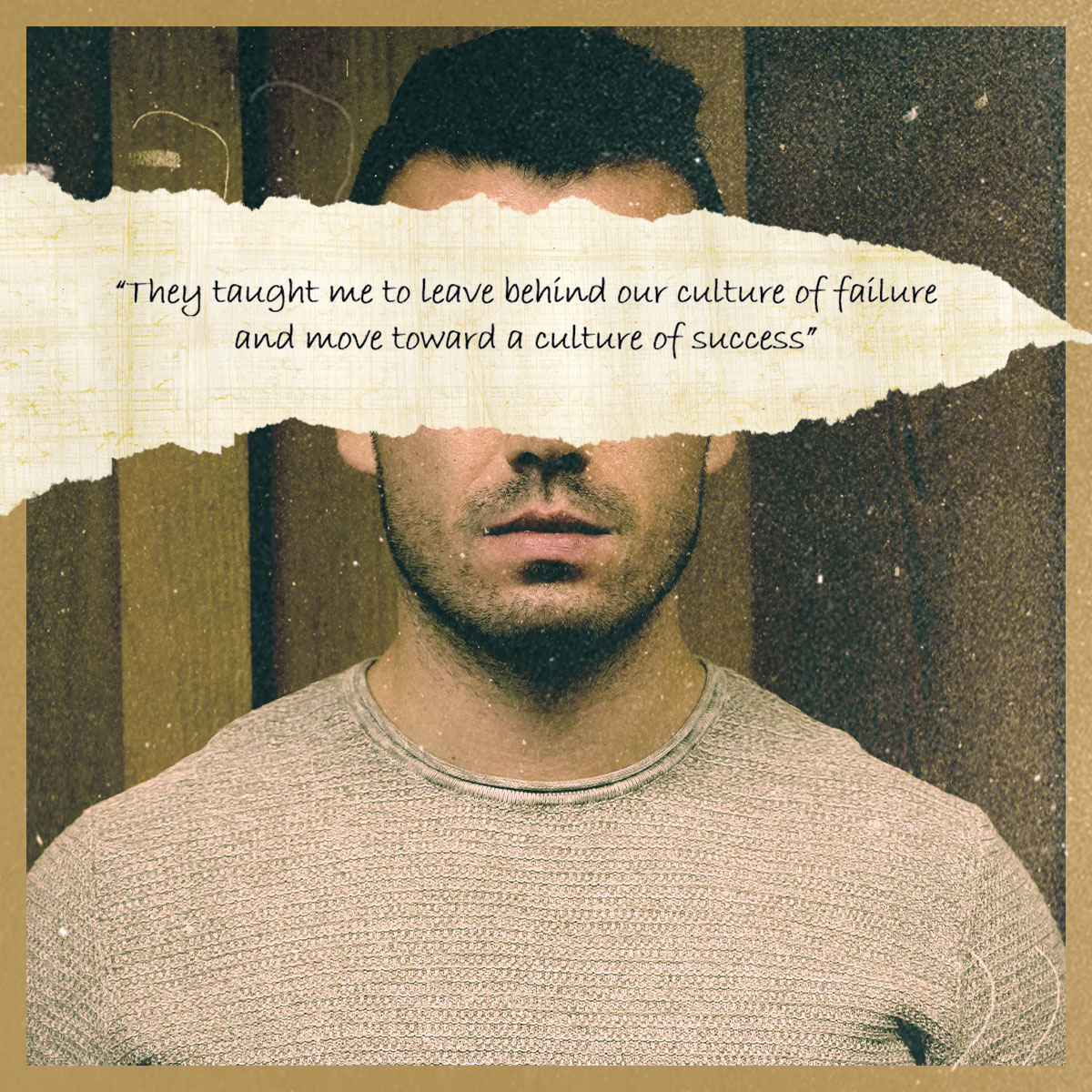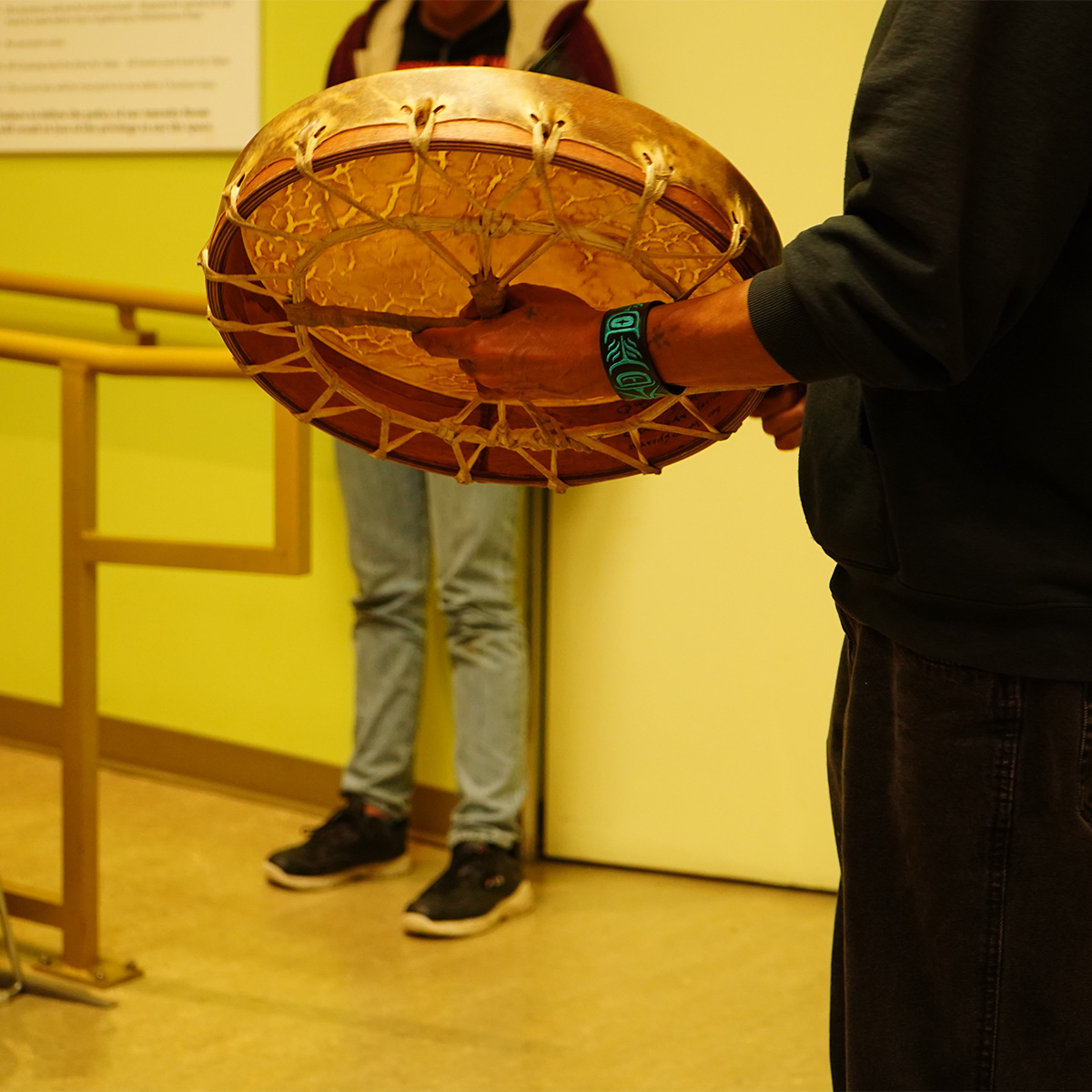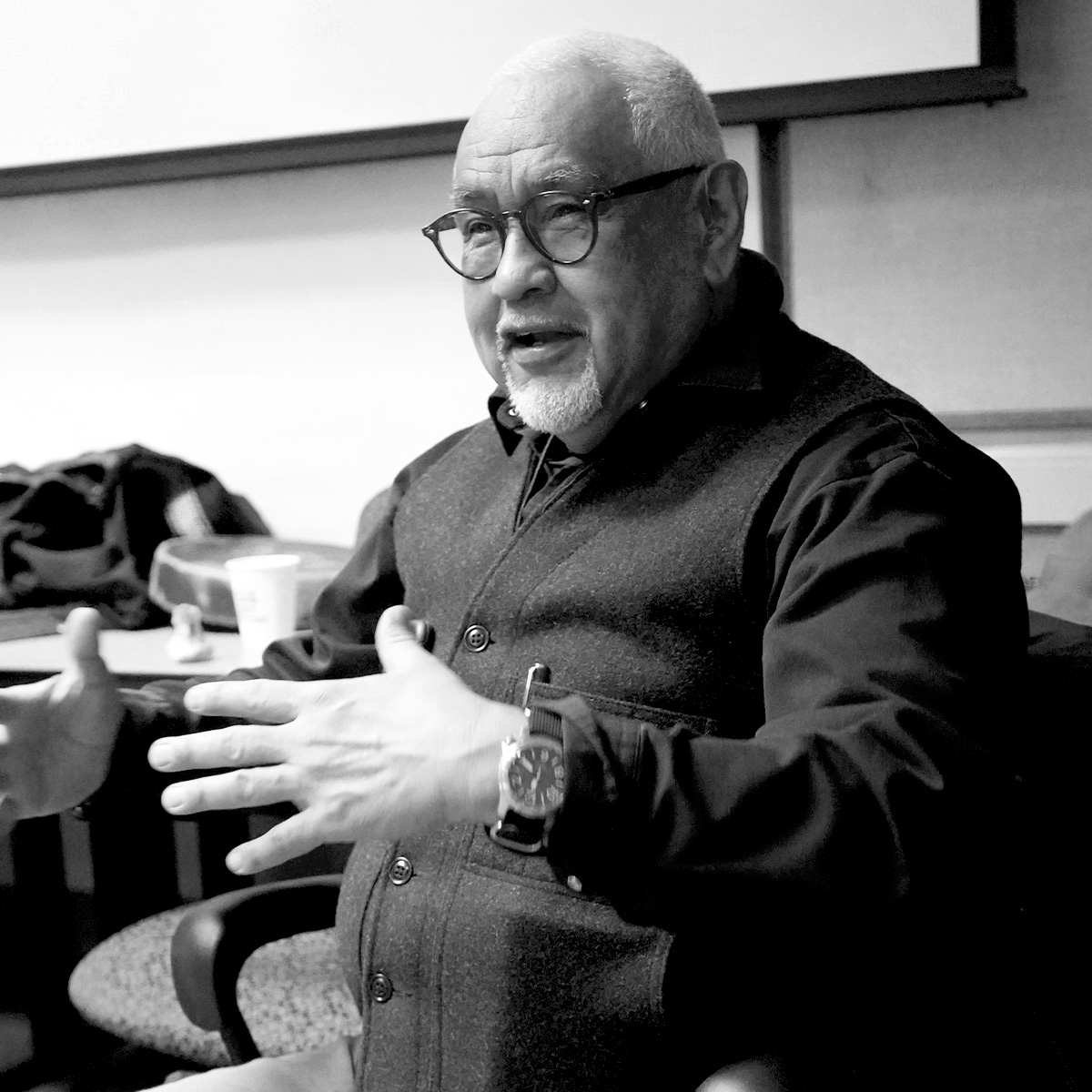In 2011, the Culturally Relevant Urban Wellness (CRUW) Program was launched hoping to make a lasting impact on the lives of Indigenous youth in care — and in 2025, it has exceeded expectations.
This year’s CRUW graduates took to the stage last night at the Musqueam Cultural Centre to commemorate their participation in the program, with their journey best described by one youth as: “connecting back to the earth.”
Grounded in the Indigenous worldview that a relationship with land and territory is based on reciprocity and balance, VACFSS youth have become longstanding stewards through CRUW, applying and sharing Knowledge and practices while guided by traditions honouring food as medicine and land as kin. The program takes place at the xʷc̓ic̓əsəm Garden at UBC Farm, and is rooted in xʷməθkʷəy̓əm Musqueam First Nation cultural teachings and community protocols. The name xʷc̓ic̓əsəm translates to “the place where we grow,” described by Musqueam Elder, Larry Grant sʔəyəɬəq as referring to the deep ancestral understanding of how people and place are intertwined.
The program runs as a collective, with each living being as an important pillar to uphold the program: Elders, program leaders, youth, gardeners — and even plants, bugs, climate, rain. The program is viewed wholly through a relational lens and our connection with land, each other, and ourselves.
Developing a connection to land and cultural practices are vital components of supporting Indigenous identity. Exploring this connection can be challenging for urban Indigenous youth in care especially — who might find themselves far, or separated from their traditional territories. It is healing to have a land-based space to discover important aspects of cultural practices, where traditions can be shared and cultural identity can be strengthened — something that is intricately connected to overall health and wellbeing. VACFSS’ restorative practice model addresses culture as a protective factor, and CRUW supports complex healing and cultural strengthening in a diverse, urban environment.
Led by the seasons, CRUW plants, cultivates, and harvests with Elders, Knowledge Keepers and vested community partners while finding ways to holistically navigate relevant challenges through skill-building and teachings.
“It means community,” says one youth in reference to the connection felt by participating in CRUW. “It brings a sense of belonging.”
In addition to valuable garden-based lessons, participants explore topics like food sovereignty and security, restorative justice, supporting positive identity formation, and even capacity-building — as youth prepare to navigate their eventual transition from care into community.
With youth mentors and program leaders taking to the mic at the blanketing ceremony, expressing friendship and proud observations of each graduate’s achievements, there was lots of shared humour over the group’s unique experiences — like Elder April Bennett fondly recalling how she was everyone’s favourite person to introduce to slugs.
A youth leader shared one favourite personal memory of the program being when the group made teas and salves with an Elder. She spoke about the impact of seeing culture in practice and how it felt to watch each participant leave with meaningful gifts — not just in their hands, but with their hearts and minds full of knowledge and tradition.
VACFSS’ Indigenous Core Cultural Competencies reflect how cultural ways of knowing are interweaved into policies and practice, with CRUW demonstrating positive long term outcomes when Knowledge is embedded and upheld. Part of the program’s achievement is measured by CRUW’s returning participants who continue their journey with CRUW as mentors, leaders, and staff — a testament to VACFSS’ mission.
“Everything we have comes from the land,” reiterated Elder Lix Lopez, as the evening closed and expressions of gratitude for community and connection were shared.
“May these Blankets remind you of this moment and good feelings, being connected, feeling loved,” emphasized Rupert Richardson, the evening’s emcee. This cohort has sown important ancestral knowledge and practices that they will continue to grow and share since finding their space, and place, in CRUW — much like the many youth who connected in, and with, the program before them.














